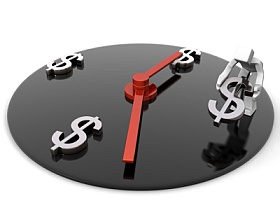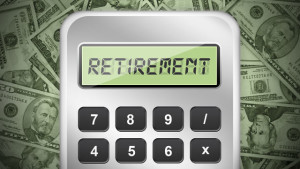 Today’s top story: Does life insurance cover deaths from Coronavirus? Also in the news: Everything you need to know about Coronavirus stimulus checks, how expanded Coronavirus unemployment benefits work, and what to do if you can’t pay rent this month.
Today’s top story: Does life insurance cover deaths from Coronavirus? Also in the news: Everything you need to know about Coronavirus stimulus checks, how expanded Coronavirus unemployment benefits work, and what to do if you can’t pay rent this month.
Does Life Insurance Cover Deaths From Coronavirus?
Looking at the exceptions.
Coronavirus Stimulus Checks: How Much You May Get and When
All the details.
How Expanded Coronavirus Unemployment Benefits Work
Independent contractors are covered.
What to Do if You Can’t Pay Rent This Month
Face the problem head-on.
 Today’s top story: Laid off due to Coronavirus? Take these 6 steps. Also in the news: NerdWallet Experts’ tips on handling finances during coronavirus, my experience flying from Mexico to the U.S. during the Coronavirus pandemic, and how to make a will during the Coronavirus lockdown.
Today’s top story: Laid off due to Coronavirus? Take these 6 steps. Also in the news: NerdWallet Experts’ tips on handling finances during coronavirus, my experience flying from Mexico to the U.S. during the Coronavirus pandemic, and how to make a will during the Coronavirus lockdown. Today’s top story: The scariest thing to find on your credit report. Also in the news: How to spend your day when you’re unemployed, advocates praise student loan scam crackdown, and how to get your student loans back on course.
Today’s top story: The scariest thing to find on your credit report. Also in the news: How to spend your day when you’re unemployed, advocates praise student loan scam crackdown, and how to get your student loans back on course. Today’s top story: How to manage money in your 30’s. Also in the news: Student loan holders catch a home buying break, why you should get to work building an unemployment fund, and the 10 best entry-level jobs for 2017.
Today’s top story: How to manage money in your 30’s. Also in the news: Student loan holders catch a home buying break, why you should get to work building an unemployment fund, and the 10 best entry-level jobs for 2017.  Today’s top story: How to save on your cellphone bill when moving. Also in the news: how to survive a job loss, why millennials aren’t in a rush to buy a home, and why you shouldn’t wait to tackle your debt.
Today’s top story: How to save on your cellphone bill when moving. Also in the news: how to survive a job loss, why millennials aren’t in a rush to buy a home, and why you shouldn’t wait to tackle your debt.